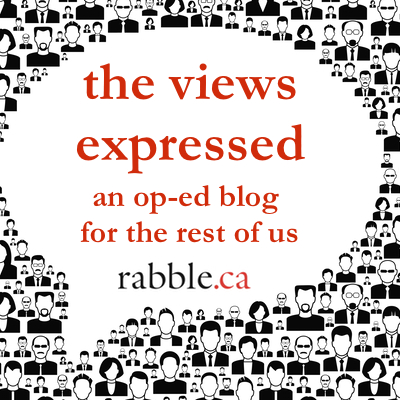The next federal election is now less than five months away. And the political promises are coming in fast. A look at what’s been released so far shows one consistent trend: plenty of tax cuts.
Increasingly in Canada, conventional wisdom is that lower taxes are a cure-all while higher taxes are always a burden.
But the concept of public justice takes a different approach to taxes. It recognizes that everyone has both rights and responsibilities. We all have a right to live in dignity and to be respected by others. But we also have a duty to contribute constructively to society to ensure that others can also do so.
Canadians should therefore approach public life in a way that prioritizes the needs of vulnerable and marginalized populations — including the poor, refugees, and Canada’s Indigenous populations — and protects the well-being of the earth.
That’s why Citizens for Public Justice released a new report entitled, Taxes for the Common Good. It argues that taxes enable us to invest in public services that benefit all Canadians. Paying our taxes is part of our responsibility to each other, especially the most vulnerable among us. Just like voting, it is one of the primary ways citizens contribute to the common good.
This line of thinking recognizes that it is not only our hard work that has enabled us to earn money. Every day, we benefit from the contributions of others. And so we must also acknowledge the importance of the roads, bridges, and sidewalks we use to get to work, the stable economy and government that ensure we are paid a fair wage, and the public education system that helped prepare us for the job.
Alex Himelfarb, co-editor of Tax is Not a Four-Letter Word, writes that “we today reap the benefits of public services built by previous generations more willing to pay taxes. But what will we be passing on to future generations?”
The answer to his rhetorical question is a lot less than others passed on to us.
According to Taxes for the Common Good, federal revenues as a percentage of GDP are at a 70-year low. And these federal cuts are being mirrored by the provinces.
This means that we now have fewer funds available to reduce (or even end) poverty, assist refugees to settle into life in Canada, and protect the environment.
Most Canadians likely assume that, unlike our conservative neighbour to the south, Canada has a strong progressive taxation system. But a progressive tax system isn’t exactly what we have. Two decades of tax cuts and credits have largely benefited the wealthy in Canada.
Canada’s income-tax rates are progressive: lower tax rates for the poor, higher tax rates for the rich. However, cuts to capital gains taxes, increased tax credits for RRSP and TFSA contributions, and new boutique tax credits have made our total tax rate something most Canadians would be ashamed of.

In 2005, the total tax rate was an inverted U-shape, progressive from the bottom to the middle, but regressive thereafter. So much so, that the top one per cent paid a lower tax rate (30.5 per cent) than the bottom 10 per cent (30.7 per cent). As our tax code exacerbates income inequality, we fail in our responsibility to protect the rights of low-income Canadians to live in dignity.
Canadians get a good deal when we pay our taxes. By pooling our resources, we are able to purchase better and more efficient services than we ever could on our own. And the benefit most Canadians receive from public services exceeds the amount we contribute .
So where do we go from here?
First, we need to be less squeamish about discussing taxation. According to data from the OECD and the UN, countries that invest in public programs enjoy higher levels of well-being. This story is not always being told, but it needs to be emphasized.
Second, we need to engage our political representatives in this discussion. Their policies and actions are usually a response to what they hear while out canvassing or reading their mail. So when they promise us lower taxes, it’s likely because it’s what they think we want from them. They won’t know any better until we tell them otherwise.
Third, we need to vote. Polls have shown that Canadians support progressive taxation, yet our tax code doesn’t reflect this. This isn’t hard to comprehend when we think about the fact that just 61 per cent of registered voters cast a ballot in 2011. Low voter turnout is yet another way in which we are not living up to our responsibilities to each other.
We each owe it to the rest of Canadians to contribute our time, our energy, our money, and our vote to contribute to the common good.
Brad Wassink is the Communications Co-ordinator at Citizens for Public Justice.



